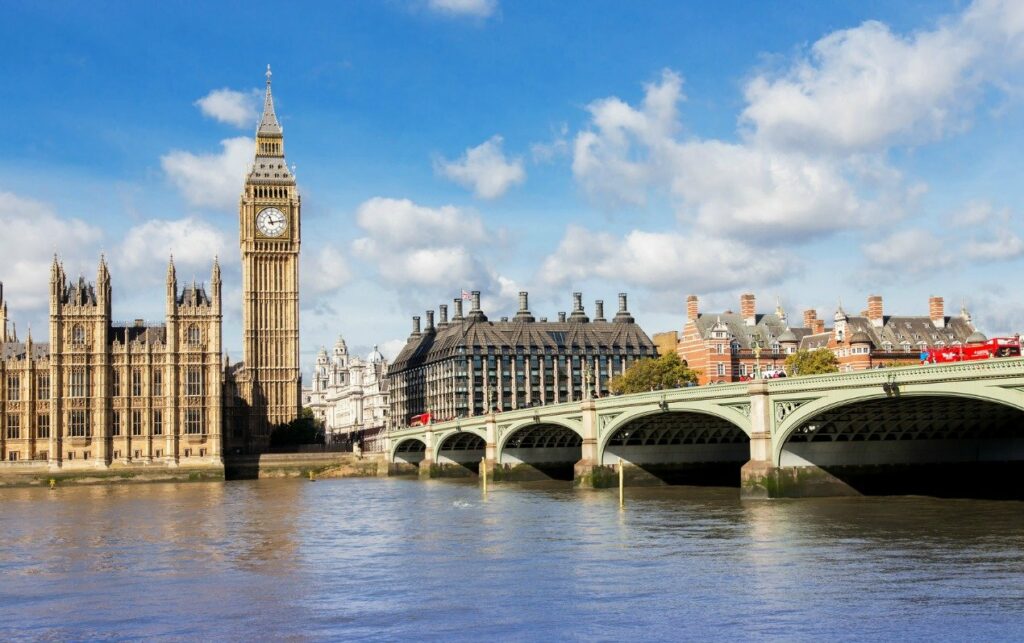In this feature, rather than adding “scientists say” to scary slogans to make them sound authoritative, we skip the slogans and simply quote what scientists actually said. Specifically in this instalment we quote them on deaths due to extreme temperatures. Yes, heatwaves are bad, and yes, if the world warms we’ll have more. But cold snaps are also bad and if the world warms we’ll presumably have fewer of those. So whether we’d be worse off overall depends on the whether heatwaves or cold snaps kill more people prematurely. “[While] isolated heat waves pose a major health risk and grab headlines when they occur, recent research has uncovered a more complex and perhaps unexpected relationship between temperature and public health—on the whole, far more deaths occur in cold weather than in hot. This reality is obscured by the fact that, unlike heat-related health effects, which spike during discrete events, cold-related illnesses and deaths are diffuse throughout the year, don’t require extreme temperatures, and can lag well behind cold snaps. An analysis by the Centers for Disease Control and Prevention (CDC) of U.S. temperature-related deaths between 2006 and 2010 showed that 63% were attributable to cold exposure, while only 31% were attributable to heat exposure. In Australia and the United Kingdom, cold-related mortality between 1993 and 2006 exceeded heat-related mortality by an even greater margin—and is likely to do so through at least the end of the century.” Scientists say.
The author, Nate Seltenrich, was writing in the scientific journal Environmental Health Perspectives. In addition to reviewing evidence that cold kills more than heat does, he also reported on evidence that lack of adaptation is also deadly. Ninety-five percent of homes in Phoenix AZ have air conditioning, whereas it is “rare and unpopular” in Europe. The result is that weather considered routine in Phoenix can cause mass casualties in Europe.
Among other variables influencing the public health impacts of high heat, one of the simplest is often regarded as the most powerful: air conditioning. Phoenix, Arizona, sees daytime highs near or above 90°F (32.2°C) for most of the year, and above 100°F (37.7°C) for the rest. Yet a recent study counted only 424 heat-related deaths in the city during the hottest part of the year (May 15 through October 15) over the period 2000–2011, an average of just 35 deaths per year. By contrast, with temperatures that rarely exceeded what is considered normal during a Phoenix summer, the 2003 European heat wave killed more than 70,000 people in three months.”
So maybe governments should stop putting policies in place that make it hard to afford the electricity used to run air conditioners. If, that is, they care what scientists say.



Where as I agree with the overall theme of the article, I am upset that You are starting to provide numbers to mislead your readers.... 37 deaths in a city of 1.7M compared with 70,000 for all of Europe with a population of 741M? At least compare city to city with the same standard of living.
The figures quoted come the Nate Seltenrich article and are indicative of how access to air conditioning can reduce the number of heat related deaths. No doubt living standards are a factor, but the main thrust of the article is to highlight how, by increasing the cost of energy, government policies will inevitably make them worse.
"2003 European heat wave killed more than 70,000 people in three months.”
No such numbers died. Cross check that claim with actual death statistics. Fake News has been around a long time.